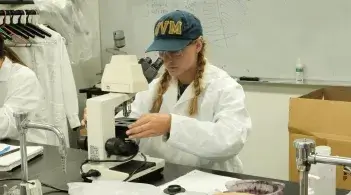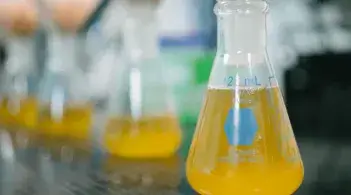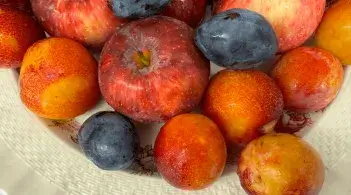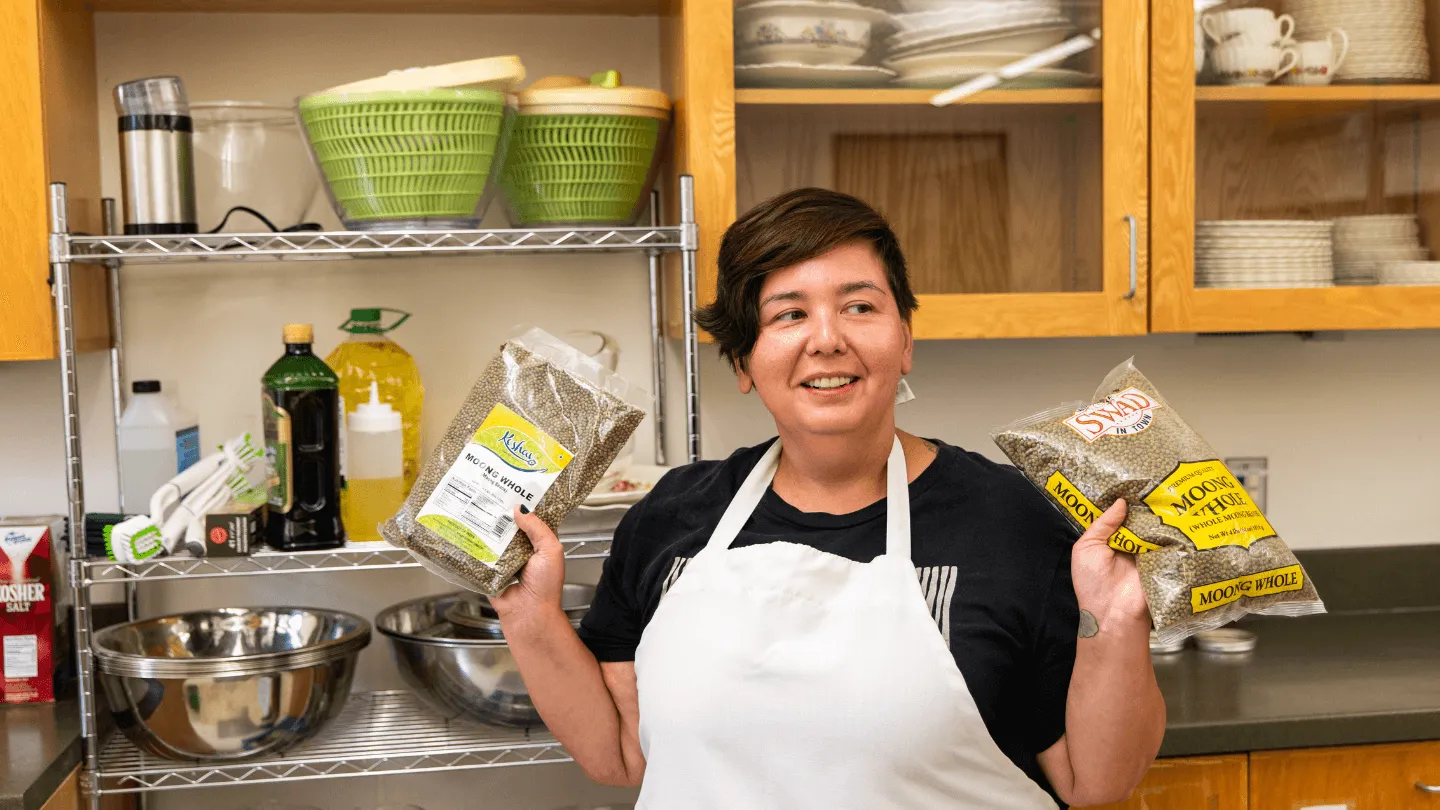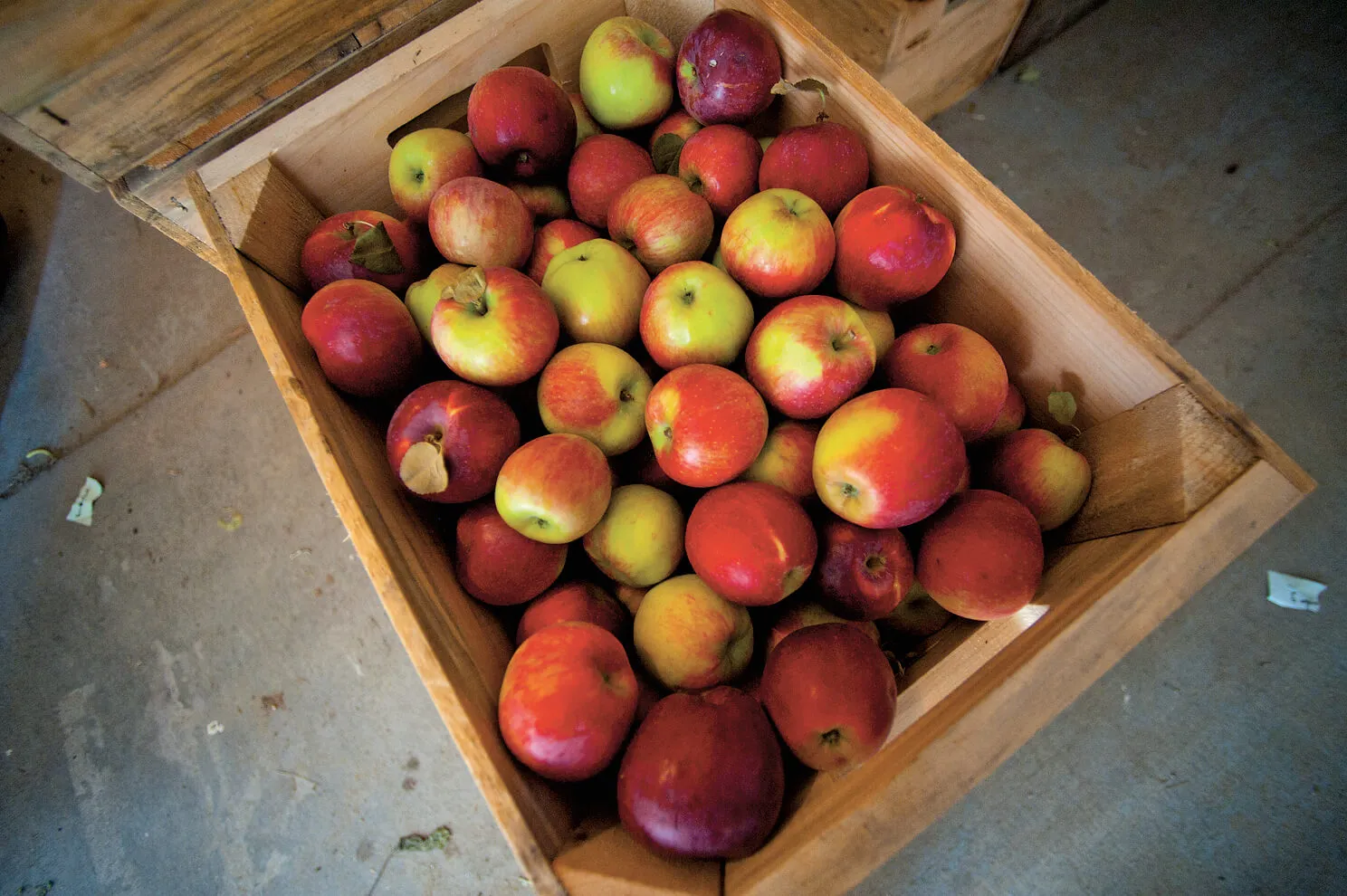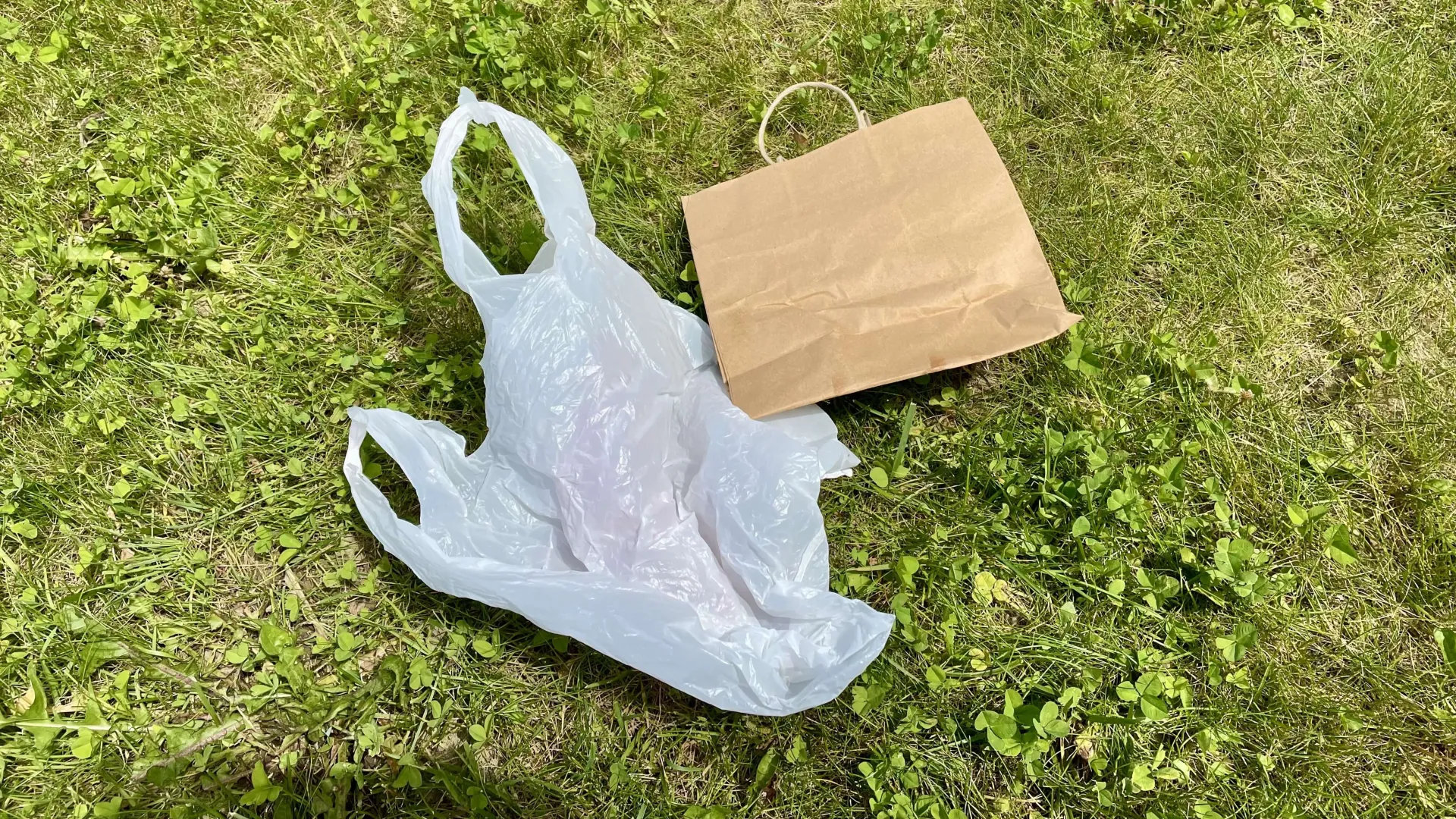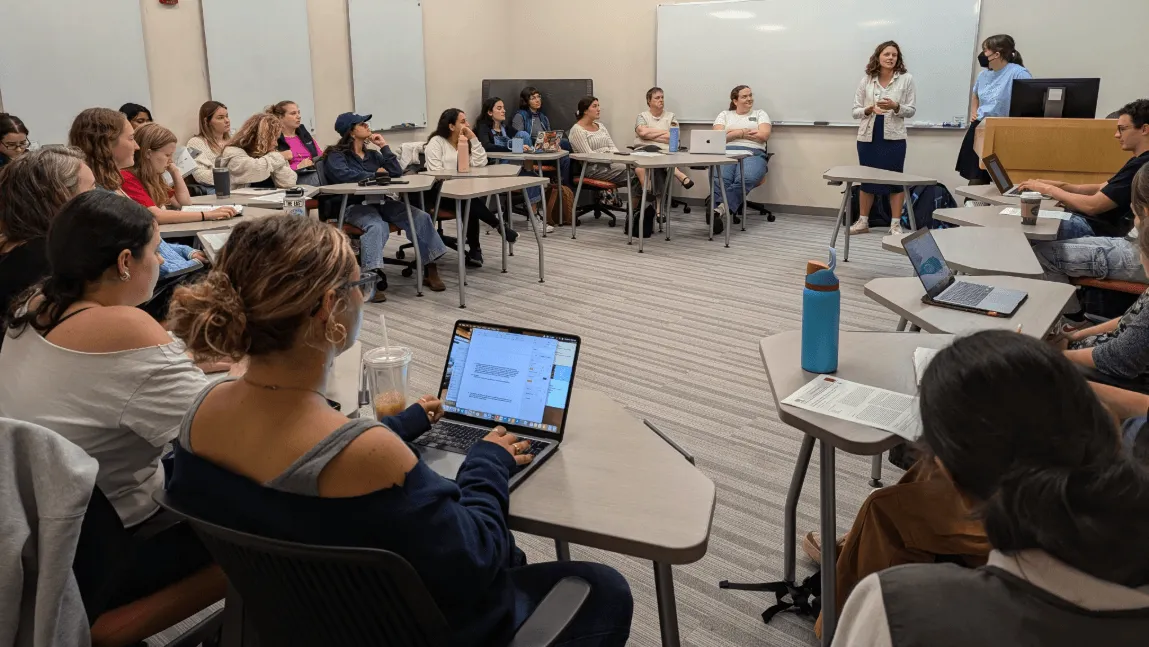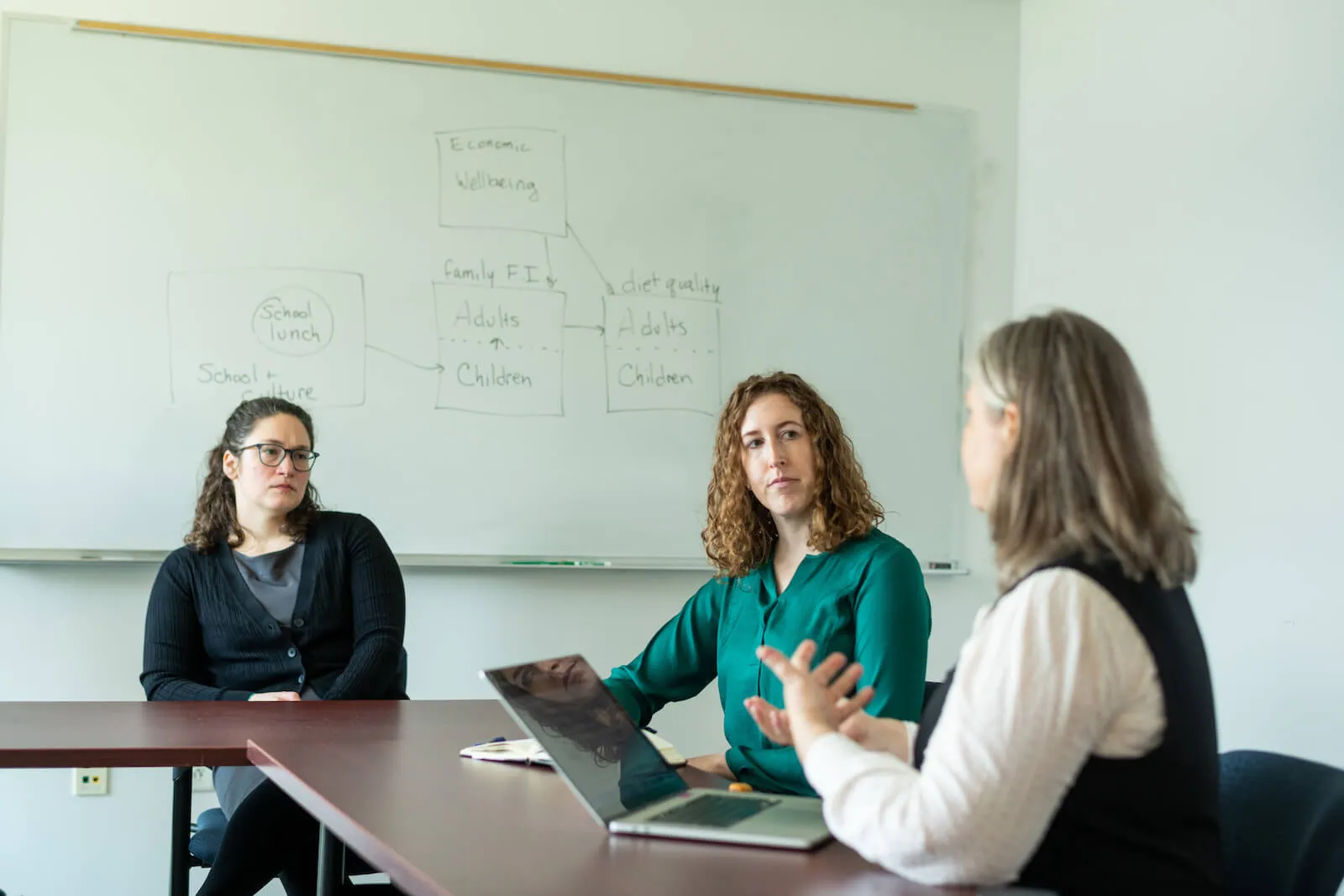The vision of the Nutrition and Food Sciences Department at the University of Vermont is to be a leading academic department of excellence in nutrition and food sciences. We conduct research that contributes to the public good by advancing knowledge in inclusive nutrition; safe and innovative foods, food security and food agency; and sustainable food systems. In our teaching, research and outreach we seek to improve health outcomes, to advance sustainable food and nutrition practices and to minimize environmental cost.
The mission of the Nutrition and Food Sciences Department is to provide to our students innovative instruction and practice, conduct cutting-edge research, and engage in career building outreach programs in the field of nutrition and food sciences.
